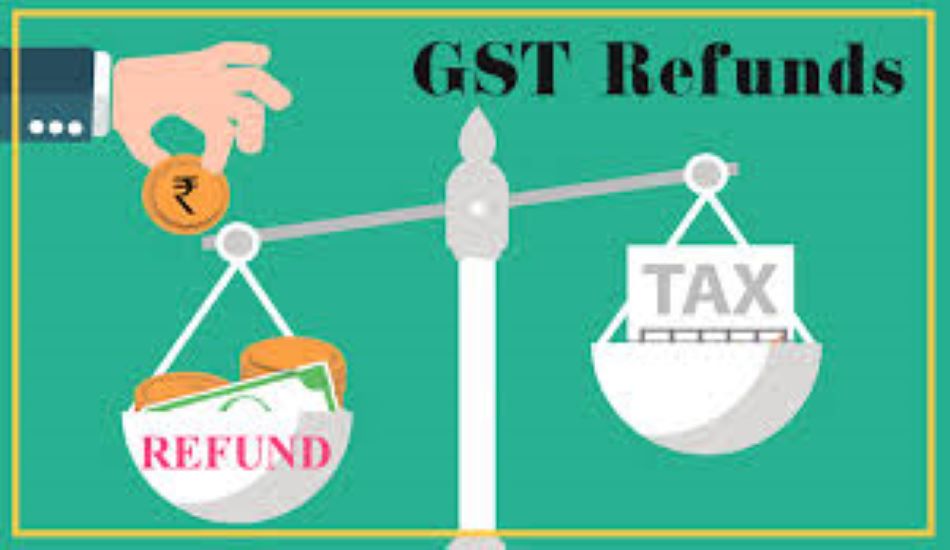Goods and Services Tax (GST) is a comprehensive indirect tax levied on the supply of goods and services in India. Understanding why you need to pay GST and how to claim a refund can help streamline your business operations and ensure compliance.
Why You Need to Pay GST
Legal Obligation
GST is a mandatory tax for businesses whose turnover exceeds the threshold limit. Non-compliance can lead to penalties and legal issues.
Unified Tax System
GST replaces multiple indirect taxes, simplifying the tax structure. It helps create a uniform market, reducing the cascading effect of taxes.
Enhanced Credibility
Being GST-compliant enhances your business credibility. It reflects a commitment to legal and financial responsibilities, boosting trust among stakeholders.
Input Tax Credit (ITC) Benefits
GST allows businesses to claim ITC on the tax paid on purchases, reducing the overall tax burden and improving cash flow.
How to Claim a GST Refund
Claiming a GST refund is essential for businesses to recover excess taxes paid. Here’s how you can do it:
Eligibility for Refund
Excess Tax Payment: If you have paid more GST than required.
Export of Goods/Services: Zero-rated supplies make you eligible for a refund.
Input Tax Credit Accumulation: When input tax exceeds output tax.
Deemed Exports: Supplies considered as exports are eligible for refunds.
Process to Claim Refund
Step 1: Prepare Documentation
Gather all relevant documents, including invoices, shipping bills (for exports), and tax payment challans.
Step 2: File GST Refund Application
Use Form GST RFD-01 on the GST portal to apply for a refund. Ensure all details are accurate and complete.
Step 3: Verification by Authorities
The tax authorities will review your application. Be prepared to provide additional information if requested.
Step 4: Refund Sanction
Once approved, the refund amount is credited to your bank account. The process usually takes 60 days from the date of application.
Key Points to Remember
Timely Filing: Ensure you file for a refund within two years from the relevant date.
Proper Records: Maintain accurate records and documentation to avoid delays or rejections.
Regular Follow-up: Stay in touch with the tax authorities to expedite the process if needed.
Conclusion:
Paying GST is not just a legal necessity but also a strategic business move that can offer numerous benefits, including input tax credits. Understanding the refund process ensures you can reclaim any excess taxes paid, aiding in better cash flow management. By staying informed and compliant, businesses can leverage GST to their advantage, ensuring smoother operations and enhanced credibility.



